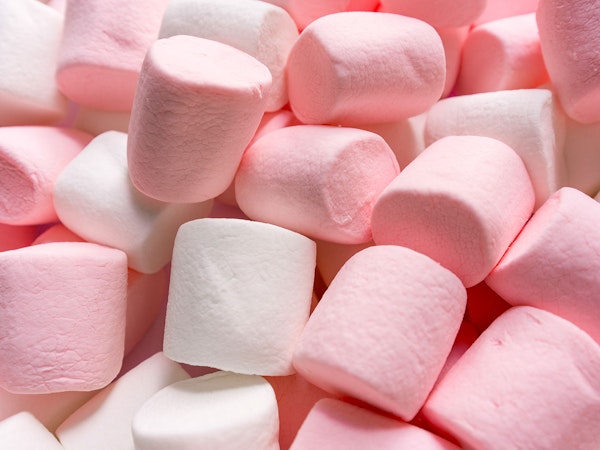The marshmallow paradox – VAT or no VAT?
The biggest marshmallows are in fact VAT free.

The intricacies of VAT continue to delight or inflame, with marshmallows the latest food product to come under the spotlight. The outcome of a recent First-Tier Tribunal case means that VAT classification can now differ between miniature, regular and mega-sized marshmallows, highlighting again the importance of accurate understanding of the rules.
The tribunal case dealt with the VAT liability of mega-sized marshmallows and whether, unlike regular-sized marshmallows (of around half the size), they should be zero-rated for VAT purposes.
A recipe for confusion
The mega-sized marshmallows had been sold between 2015 and 2019, and were treated as zero-rated. HMRC raised VAT assessments on a wholesale company for £473,000 on the basis that marshmallows are confectionery and should therefore have been standard rated.
However, although the packaging of the product said the mega-sized marshmallows could be either roasted or eaten as they were, the marshmallows were actually intended to be roasted, and the packaging contained specific instructions for roasting over a campfire or barbecue. Therefore, most retailers displayed the mega-sized marshmallows in their barbecue sections.
Outcome
Even though the mega-sized marshmallows didn’t need to be cooked in order to be consumed, the tribunal decided that, on balance, they were not within the definition of confectionery as they were being sold and purchased specifically for roasting.
This case continues a trend which places increasing importance on the way a product is marketed or sold for its VAT treatment.
The correct VAT treatment of marshmallows would now appear to be:
- Miniature marshmallows - Zero-rated if marketed as being for baking use
- Regular-sized marshmallows - Standard rated as confectionery
- Mega-sized marshmallows - Zero-rated if marketed for roasting
Of course, this could all change should HMRC appeal the decision. The case highlights just how important it is to make sure products and services are correctly rated for VAT. An investigation from HMRC can prove to be very expensive and also time consuming for the parties involved. HMRC’s guidance on the VAT treatment of food products can be found here.


